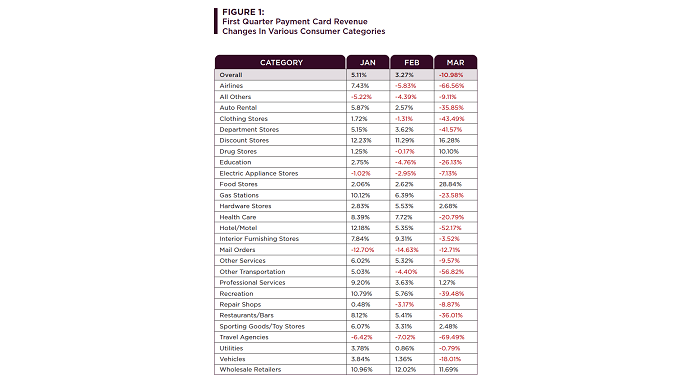It may sound like a paradox, but in many states around the US, restaurant owners and managers are saving money and being able to improve their back-of-house employee’s paychecks.
How?
By finding more fair and equitable ways to distribute front-of-house tips to the support staff behind the scenes. Perhaps even more surprising though is that this is not a new law or adjustment, it has in fact been in place since 2018. In revisions and clarifications to the FLSA, regulators established on a national level that back-of-house employees may participate in valid tip pools, with a few exceptions and state variations.
Why is this so important?
Keeping payroll costs down is always a priority of any well functioning restaurant, but in times of a pandemic, this has become increasingly important. Finding ways to save money and improve employee retention is important, and can really add up. For example, if you have 4 BoH members of a restaurant making $2 more than your state’s minimum wage, you are spending more than $1,000 each month, nearly $15,000 per year. For most restaurant owners, those could become savings of $15,000 a year per location.
At TipHaus, a software company designed to solve restaurant’s tip distribution problems, there has been a massive influx in restaurants looking for ways to distribute money to kitchen staff, expos, and dishwashers more fairly. Despite the ability to operate this way for years, a booming economy has allowed many restaurant managers to avoid diving into the legality of this issue, instead opting to operate the way they had for the previous decade.
Before restaurateurs celebrate saving tens of thousands of dollars however, there are some legal elements to keep in mind, and some state-by-state exceptions. First and foremost, the new regulations cleared up loopholes and established heftier fines for any restaurants that allow managers, owners, or supervisors to take place in tip pools. This is strictly forbidden in clear language on a federal level. Additionally, these changes allowed for greater control on the state and local level, so be sure to check laws where each restaurant operates for specifics.
To help you in your journey, we can look at some examples and terms commonly used around legal definitions of tip distributions in the US.
In New York for example, state law specifically states that back-of-house employees can not participate in tip distributions. Yet one of many reasons running a restaurant in New York is not for the faint of heart.
However in states that don’t have state level tip distribution laws, such as Oregon and Washington, these federal adjustments have no state law to compete with and now allow for restaurant owners to compensate cooks and support staff through front of house tips, so long as these tip pools are reasonable. Reasonable can usually be defined as ensuring that server’s make roughly 75% or more of the total tips they collect.
California, a state known for extensive legislation, especially in the service and hospitality industry, can tip BoH employees due to a term called chain of service. This term covers individuals who contribute the guest experience, even those who do not directly interact, such as chefs and dishwashers.
Some states leave it up to the employees themselves, allowing for majority votes or individual employees to decide themselves. In North Dakota for example, restaurants can require tip pooling with non-customer facing employees if 50% of the staff or more agree to operate in this manner.
Read Also: DAH! Launches Dahi Yogurt at Wegmans – Food & Beverage
While state and local laws can be confusing, it is incredibly important to consider how your restaurant can save money. Each individual restaurant can expect to save 10-20 thousand dollars per year if you operate in an eligible state. That’s enough money to certainly be worth a 20-minute research tour through your state’s labor laws.
Don’t forget to look into tip credits and credit card processing fees as well, as these laws will determine if you can save even more money, and help to keep your establishment off the hook for paying the difference in minimum wage payments for certain employees.
An important reminder: every employee must be informed how tip pools impact them, so if you ever make an adjustment, be sure to put the updates in writing for your team to protect your company.
If you are looking to start saving more money, consider how to more appropriately distribute tips in your establishment, or find a software provider like TipHaus to assist you in setting up your rules and tip pools.







